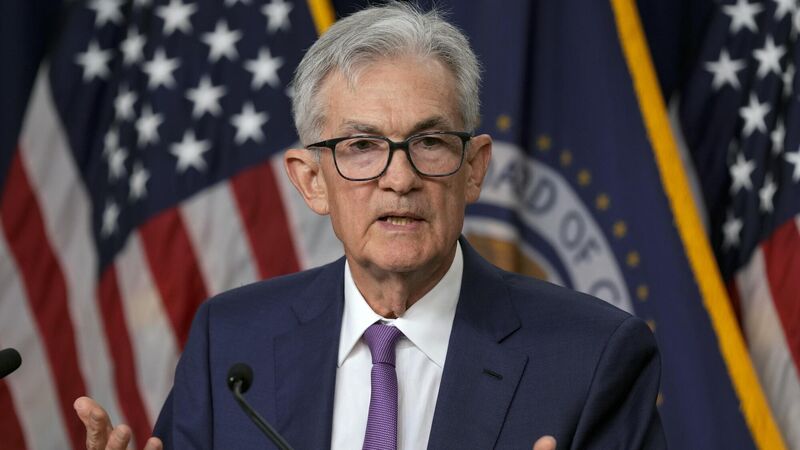David McNamara: Central banks kick to touch amid uncertainty

US Federal Reserve Board chair Jerome Powell will step away fro his role in May 2026. Picture: AP Photo/Susan Walsh
Last week’s Fed and Bank of England meetings left monetary policy unchanged, as expected, with both central banks playing for time over the summer months, amid heightened uncertainty.
For the Fed, the decision to leave rates on hold at 4.25-4.5% was unanimous, leaving it on hold since December 2024. More instructive was its latest set of economic projections, including the much-watched interest rate ‘dot plot’. This showed the median projection of Federal Open Market Committee members was for a 50bps cut by year-end, identical to the March 2025 forecast. However, the dots also showed a growing minority of members expect no rate cuts in 2025, while the overall median projection for 2026 and 2027 shows a more gradual trajectory to a terminal rate of 3% in the long term.











